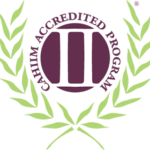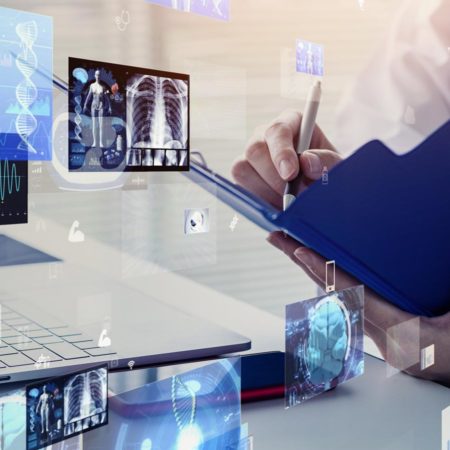Post-Baccalaureate Certificate in Health Informatics and Information Management
The Post-Baccalaureate Certificate in Health Informatics and Information Management (HIM) is a 100% online certificate designed to be a subset of the full HIM major curriculum. This program may be a good fit if you already have a bachelor’s degree and are looking to prepare for the national RHIA exam.

“This certificate program benefited me in my current work environment by allowing me to grow and be promoted into a highly desired position.”
Meet Our Faculty
Experienced, Dedicated, and Distinguished Educators
Expect to be heard, to be challenged, and to be involved. St. Scholastica faculty are world-class scholars and experts in their field who invest in your success. Our values of community, respect, stewardship, hospitality, and love of learning reflect our faculty’s commitment to lifting up others and celebrating our common humanity.

 Joseph Janchar
Joseph Janchar The Health Informatics and Information Management accreditor of The College of St. Scholastica is the
The Health Informatics and Information Management accreditor of The College of St. Scholastica is the 


